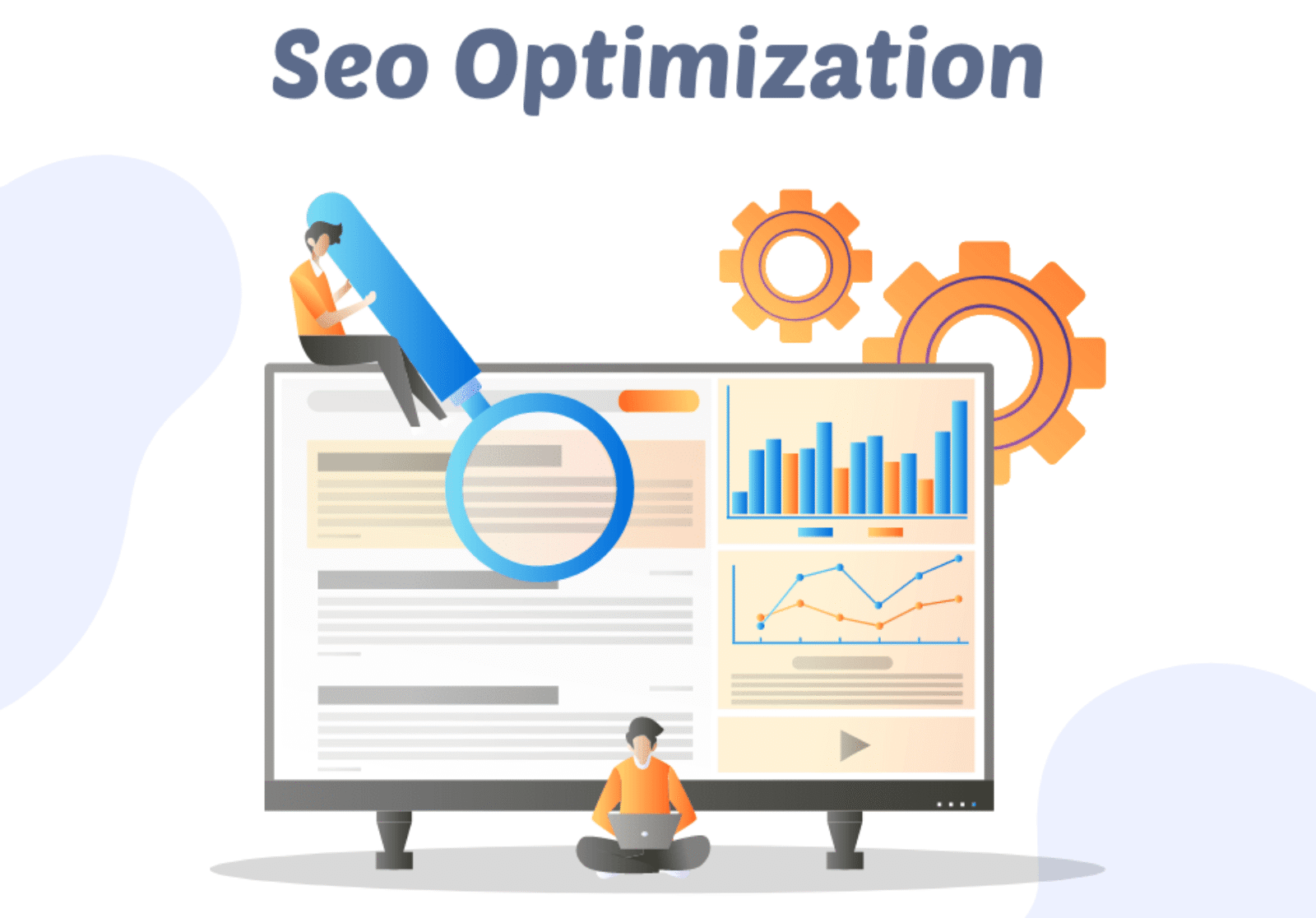Business Growth Content Marketing Digital Marketing PPC Advertising SEO Optimization Social Media Marketing Website Development
Business Growth with Proven Digital Marketing Strategies!
Are you ready to transform your brand’s presence and drive massive growth?In today’s competitive landscape, leveraging the right digital marketing strategies for business growth is no longer optional — it’s essential.
Whether you’re a startup or an established business...
Business Growth Content Marketing Digital Marketing PPC Advertising SEO Optimization Social Media Marketing Website Development
The Ultimate Guide to Digital Marketing Strategies for E-commerce Growth
In today’s competitive online market, e-commerce brands face the challenge of attracting and converting visitors into loyal customers. To navigate this landscape successfully, businesses need powerful digital marketing strategies for e-commerce growth. This guide dives into...
5 Essential SEO Strategies for E-commerce Success in 2024
Introduction: Why SEO is Crucial for E-commerce in 2024
In 2024, the competition in the e-commerce space is more intense than ever. As businesses shift online, standing out in search results has become a top priority. Search Engine Optimization (SEO) is the key to ensuring...



